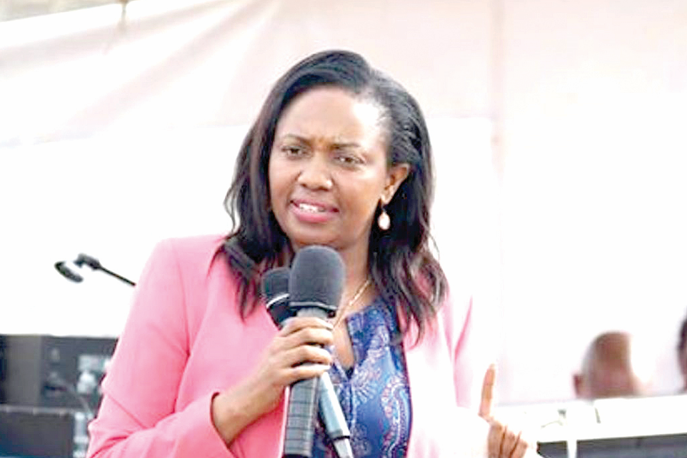Muange wa Ekuite and unbanked revolution that stalled

In 2024, Kenya celebrated a financial inclusion rate of 84.8 percent, a leap from 26.7 percent in 2006. Yet beneath the progress lies a sobering truth: 9.9 percent of Kenyan adults remain excluded from both formal and informal financial services. Rural youth are hit hardest, making up 45.5 percent of the excluded, with barriers like lack of mobile phones (64.1 percent) and identity cards (51.5 percent) locking them out of the digital economy. Counties like Turkana and West Pokot face exclusion rates of 31.5 percent and 27 percent, respectively – stark reminders that geography still dictates access in 2025.
Even for those with access to banks, credit remains a hurdle. High interest rates deter 28 percent of small businesses from applying for loans. By mid-2024, 60.7 percent of small businesses had defaulted, up from 42.8 percent in late 2022. The data paints a bleak picture of entrepreneurs strangled by expensive credit and a worsening economy.
In the 1990s, banking in Kenya was reserved for the elite. As a young, struggling student at the University of Nairobi, I recall being asked to deposit Sh20,000 to open an account – an impossible sum. Like many, I queued at the post office to access my HELB funds. Banks were exclusive clubs, largely foreign-owned, with little regard for ordinary Kenyans.
Then came Muange wa Ekuite, a bold visionary from Central Kenya who saw what others didn’t: an opportunity to democratise finance. He opened banking’s doors to Wanjiku, Atieno, Onyango – the mama mboga, the boda rider, and the kiosk owner. Suddenly, bank membership wasn’t a mark of class but a civic right. Muange’s disruption was seismic. He shook up the status quo and gave millions access to formal financial services. For that, he deserves national, if not global, recognition. Yet, somewhere along the journey, the mission derailed.
With scale came compromise. Banks began chasing profits, reverting to old habits. The people Bwana Muange banked are now burdened with hidden charges, high interest rates, and murky terms. Credit, meant to uplift, became a trap. Take my friend *Cherotich, an NGO worker, offered an unsecured loan of Sh3 million at 18 percent, “subject to prevailing conditions”. That rate could rise to 24 percent. She was banked – but not empowered.
In 2016, President Uhuru Kenyatta introduced an interest rate cap limiting loans to 4 percent above the central bank rate – up to 14.5 percent. It was a lifeline, at least for me. Yet despite the cap, banks continued to post record profits. Clearly, their margins had always been thick. The cap was repealed in 2019 under pressure from MPs and institutions like the IMF, citing economic distortions. But what about moral distortions – where banks profit while borrowers drown?
Today, Kenyan banks charge interest on loans ranging between 15–24 percent, while depositors earn just 3–4 percent before tax. Mortgage penetration remains below 2 percent, with fewer than 30,000 active mortgage accounts nationwide. Meanwhile, Europe offers average mortgage rates of 3.3 percent Is the difference due to regulation, a more bankable Wanjiku, or a mindset? Many Kenyan banks are now locally owned, yet still operate like colonial institutions – prioritising profit over people. Yes, Wanjiku is no longer locked out, but she’s barely hanging on. Still, glimmers of hope exist. The Kenya Mortgage Refinance Corporation, backed by the World Bank, now offers mortgages at 9.5 percent. It’s a start – but not enough.
What Kenya needs isn’t just more banking; it’s better banking. It’s making Wanjiku truly bankable. A banking system that is affordable, fair, and people-centred. We need a new generation of disruptors, another Muange, who will champion inclusion without compromise.
The writer is a PhD Candidate at JKUAT














